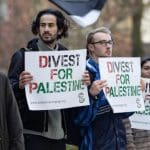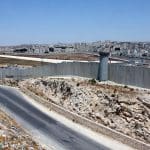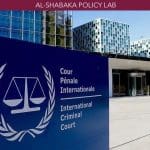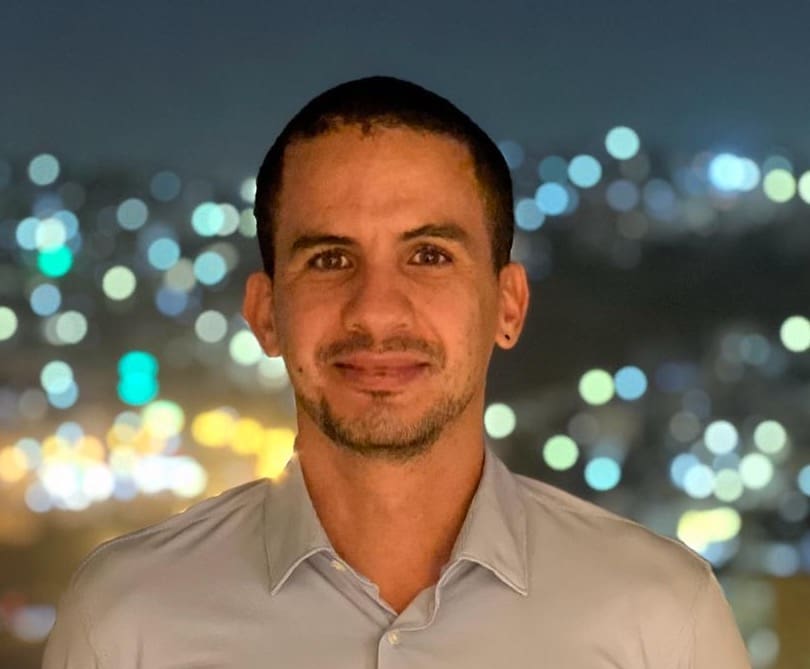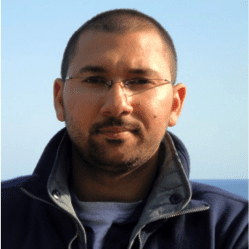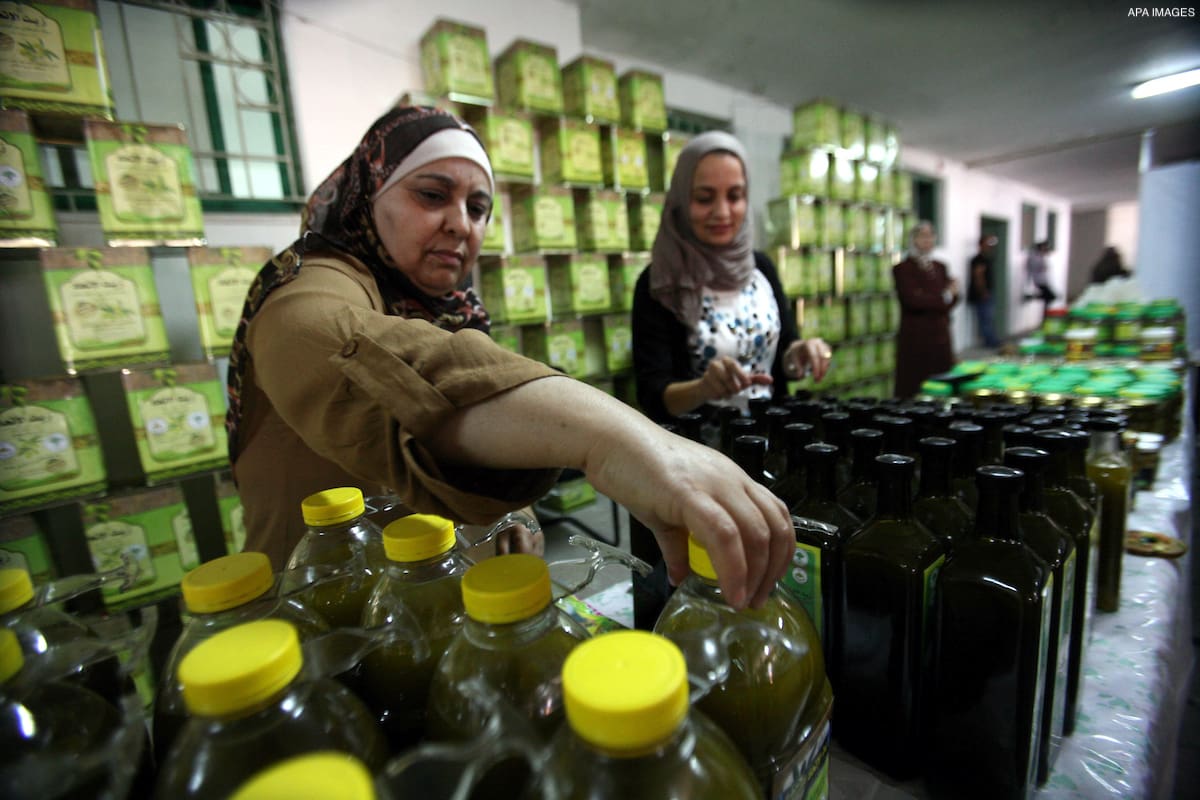
As the Palestinian general elections fast approach, many are wondering whether new leadership would create opportunities for self-determined Palestinian economic development.
But with Israel’s ongoing siege, occupation, and fragmentation of Palestinians, and the COVID-19 pandemic crippling the Palestinian leadership’s ability to meet people’s most basic needs, can Palestinians really anticipate significant changes to their daily lives in the months and years ahead? More broadly, what are the impacts of international aid and “economic peace” initiatives on Palestinian aspirations for economic sovereignty, and which policies would actually benefit Palestinians?
In this policy lab, Al-Shabaka analysts Leila Farsakh and Ibrahim Shikaki join host Nadim Bawalsa to discuss these questions and more.
Nadim Bawalsa is Associate Editor with the Journal of Palestine Studies. From 2020-2023, Nadim served as Al-Shabaka’s commissioning editor. He is a historian of modern Palestine, and author of Transnational Palestine: Migration and the Right of Return before 1948 (Stanford University Press, 2022). His other work has appeared in the Jerusalem Quarterly, the Journal of Palestine Studies, NACLA Report on the Americas, and as well as in edited volumes. He earned a joint doctorate in History and Middle Eastern & Islamic Studies from New York University in 2017, and a Master’s in Arab Studies from Georgetown University’s Center for Contemporary Arab Studies in 2010. In 2019-2020, he was awarded a PARC-NEH fellowship in Palestine.
Al-Shabaka policy analyst, Leila Farsakh, is Associate Professor and Chair of the political science department at the University of Massachusetts Boston. She is the author of Palestinian Labor Migration to Israel: Labour, Land and Occupation (Routledge, 2012), and of Rethinking Statehood in Palestine: Self-determination beyond Partition (California University Press, 2022). She has worked with a number of organizations, including the Organization for Economic Cooperation and Development (OECD) in Paris and MAS in Ramallah, and she has been a senior research fellow at Birzeit University since 2008. In 2001, she won the Peace and Justice Award from the Cambridge Peace Commission.
Al-Shabaka policy analyst, Ibrahim Shikaki, is assistant professor of economics at Trinity College, Hartford, CT. He earned his PhD from the New School for Social Research (NSSR) in New York, and held teaching positions at NSSR, The International University College of Turin, Birzeit, and Al-Quds universities. He also held research positions at the Palestine Economic Policy Research Institute (MAS) in Ramallah and Diakonia’s IHL Research Center in East Jerusalem. His recent writings include an upcoming chapter on the political economy of dependency and class formation in Palestine, and a brief on the economic aspects of Kushner’s Bahrain Plan.












